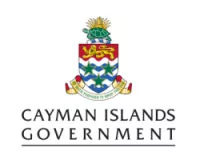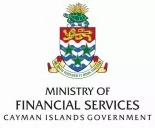The European Securities and Markets Authority (ESMA) today issued further advice to the European Parliament regarding the application of the Alternative Investment Fund Managers Directive (AIFMD) passport to non-EU alternative investment fund managers and alternative investment funds.
In its commentary ESMA noted that at this time, it could not give definitive advice in relation to extending the passport to the Cayman Islands, as Cayman is in the process of implementing its new regulatory regimes. However, while it did not provide definitive advice, ESMA acknowledged that Cayman has frameworks in place to address systemic risks.
This includes legislative amendments passed in August 2015 that established an opt-in regime for regulating Cayman-domiciled investment funds and managers connected to the European Union (EU).
Cayman's investment funds currently are marketed in the EU under national private placement regimes (NPPRs). The NPPR and passport regimes will coexist until at least 2018, by which time ESMA will have decided, and acted upon, whether or not the passport regime should entirely displace NPPRs.
Commenting on ESMA's advice, Minister of Financial Services Wayne Panton explained that rather than being 12 to 18 months away from completing Cayman's AIFMD regime, the jurisdiction actually is a few short months away from finalisation.
'The 12- to 18-month timeframe was given last year, as part of the Cayman Islands Monetary Authority's (CIMA's) initial submissions to ESMA', he noted.
In its current advice, ESMA remarked that CIMA is developing and implementing a macro-prudential policy framework that would enhance its current systemic risk monitoring.
It also stated that it will continue to work on its assessment of other non-EU countries not covered in this advice with a view to delivering further submissions to the European Parliament, the Council and the Commission.
Furthermore, ESMA reiterated that prior to activating the relevant provision in the AIFMD extending the passport to these jurisdictions, the European Commission, Parliament and Council may wish to consider waiting until ESMA has delivered positive advice on a sufficient number of non-EU countries, before introducing the passport in order to avoid any adverse market impact that a decision to extend the passport to only a few non-EU countries might have.
The content of this article is intended to provide a general guide to the subject matter. Specialist advice should be sought about your specific circumstances.

